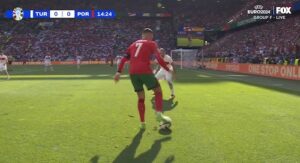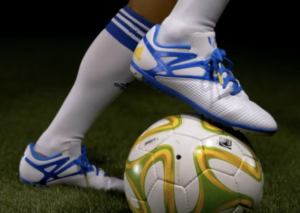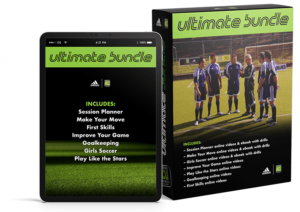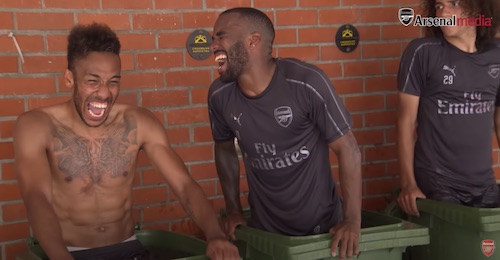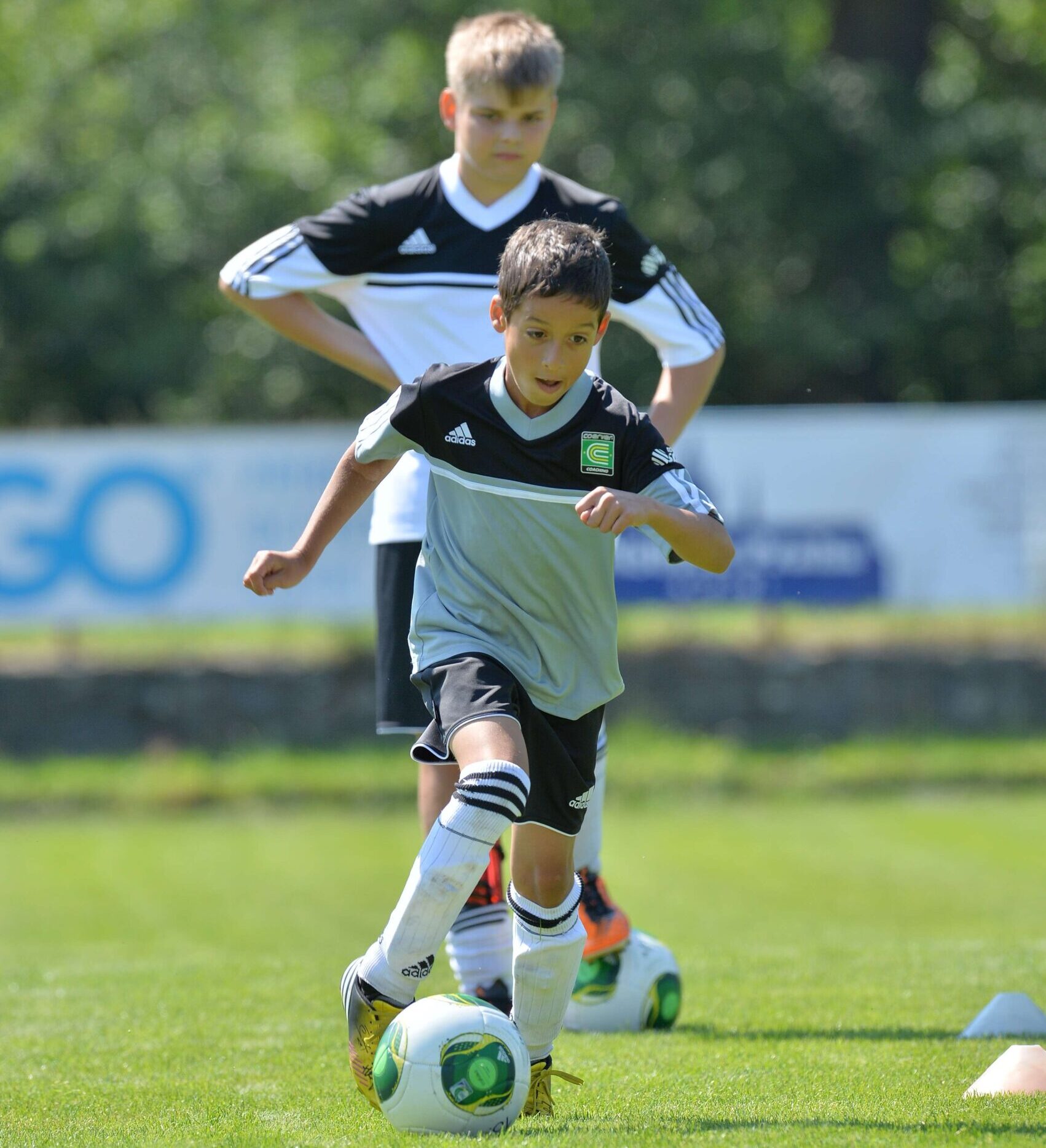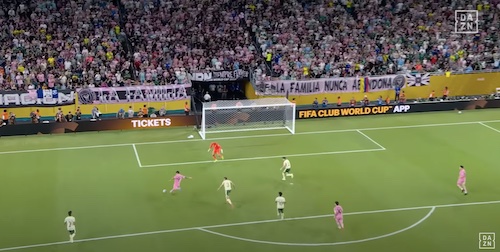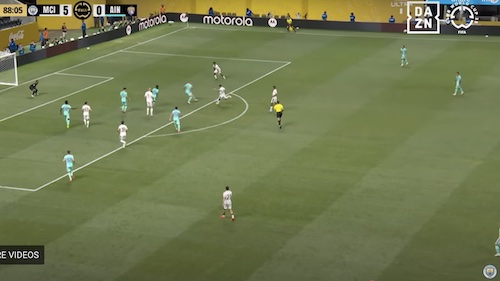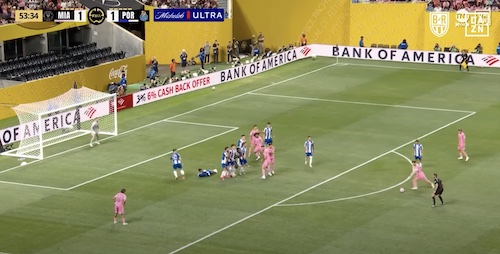Post game recovery: So how do you recover after a long and tough soccer game? What are a few simple things you can do to prepare yourself for the next game or practice? Post game recovery is key for top level soccer players.
Above image credit goes to Arsenal.
After a tough game of soccer, win or lose, there are several vital steps you should take to help your body recover as quickly as possible. No matter how long you played for, a tough soccer game can take its toll.
Ultimately, preparation for the next game starts immediately after the final whistle. So even if you feel tired and defeated it’s important to take just a little time and effort to help you recover. Your legs will thank you the next morning.
Remember just wearing a Fernando Torres jersey doesn’t mean you’re as fit as he is, even professionals are human, and have to follow the same stretches as you. And Torres has had a few hamstring injuries of late, maybe he too should do more of a cool down after his games for Atletico Madrid.
Arsenal players take ice baths after training and games. Some handle the cold better than others. Post game recovery in soccer is crucial if you want to prevent injuries and have a successful season in the EPL – especially when teams have to play so many games throughout the week.
Cool Down
Not moving another muscle might seem like an appealing idea if you’ve been in a tough match up but a steady jog for a 3-5 minutes will help bring your heart rate down gradually and help blood from working muscles return to the heart.
Next a good stretch will go a long way. After the game is an ideal time to perform static stretches because your body temperature is elevated. Pay special attention to stretches for the quads, hamstrings, calves and glutes stretching for 15 – 30 seconds for each. Stretching after games stops your muscles from tightening up too quickly. An increased level of flexibility results in a greater range of motion and a reduced risk of injury. Doing a cool down activity as a team makes it more fun and will help ensure you don’t skip any important parts!
The day after a tough game or a series of games in a tournament, even when you probably don’t feel like it, go for a light job and stretch to get the blood flowing. This way you’re not all stiff and sluggish when your normal soccer practice schedule resumes.
Use a Lot of Ice
Applying ice to sore joints can help reduce swelling and pain. Similarly, if you took a hit to a muscle that was hard enough to cause bruising, icing will help reduce the level of inflammation because the reduced temperature will constrict blood vessels in the area. Remember not to apply ice directly to the skin, use a small towel to cover an icepack or bag of ice. Even better, if you have access to an ice bath it’s like an icepack for your entire lower body! Don’t over do it though; 10-15 minutes is plenty of time.
Ice buckets are perfect for ankle injuries or when you’ve taken a kick to the shin area that is painful. The initial few minutes your foot is in the ice bucket can be quite painful. However, once the area numbs it would be well worth it and the injury will heal up much faster.
Refuel with Fluids
Chances are you’ve lost a lot of fluid from sweating out on the field. It’s important to put liquid back into the body. In a lot of cases water may be fine but sports drinks also offer carbohydrates to re-boost sugar levels.
In addition, sports drinks contain electrolytes that you loose through sweat – these are important for muscle function. Rehydrating is one of the most crucial steps in your recuperation.
And this doesn’t matter if you’re playing soccer during the winter or summer months, whether it’s cold or hot outside, you’re still going to need to refuel and drink plenty of water. It’s just that if you’re playing in the heat you have to drink double the amount of water you might in cooler temperatures.
What you eat is also important. If possible try to eat something within 20 minutes of a soccer game. If you’re going out to eat with the team or friends and family a small snack will reduce the time your body has to wait to be refueled. Most nutritionists recommend a meal that has a ratio of roughly 3:1 of carbohydrates and protein. The carbohydrates help to restore your glycogen stores and the proteins will help damaged muscles repair and grow.
Your body will thank you if you take care of it after a tough soccer match and you’ll be ready for the next big game if you use ice, eat and drink after playing and do some quick stretching. If you plan on staying healthy for the long season, it’s crucial to do a proper cool down and take care of yourself.
Extra: Ice Baths for Soccer Players
Someone who is famous for taking ice baths after soccer games or training sessions is Carli Lloyd. Ice baths help reduce swelling and enable the body to heal faster after a hard work out or soccer game.
Some U.S. Women’s National Team players love ice baths, some hate them. Almost all of them take the plunge when they do regeneration work. Put midfielder Carli Lloyd in the former category as she takes to ice baths like polar bears to arctic waters. Yes, she’s brave but it’s only painful in the beginning….
Written by: Olly Dyson, soccer correspondent for SoccerPro.com



